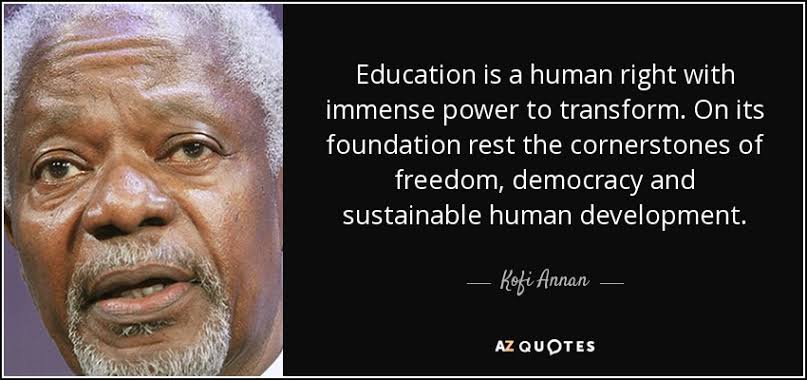
Welcome to GHRCSPD,USA
Sustainable development is an organizing principle for meeting human development goals while also sustaining the ability of natural systems to provide the natural resources and ecosystem services on which the economy and society depend. The desired result is a state of society where living conditions and resources are used to continue to meet human needs without undermining the integrity and stability of the natural system. Sustainable development was defined in the 1987 Brundtland Report as “development that meets the needs of the present generation without compromising the ability of future generations to meet their own needs”.
As the concept of sustainable development developed, it has shifted its focus more towards the economic development, social development and environmental protection for future generations.
Sustainable development was first institutionalized with the Rio Process initiated at the 1992 Earth Summit in Rio de Janeiro. In 2015 the United Nations General Assembly adopted the Sustainable Development Goals (SDGs) (2015 to 2030) and explained how the goals are integrated and indivisible to achieve sustainable development at the global level.
The 17 goals address the global challenges, including poverty, inequality, climate change, environmental degradation, peace, and justice. Sustainable development is interlinked with the normative concept of sustainability.
UNESCO formulated a distinction between the two concepts as follows: “Sustainability is often thought of as a long-term goal (i.e. a more sustainable world), while sustainable development refers to the many processes and pathways to achieve it.”
The concept of sustainable development has been criticized in various ways. While some see it as paradoxical (or an oxymoron) and regard development as inherently unsustainable, others are disappointed in the lack of progress that has been achieved so far.
Part of the problem is that “development” itself is not consistently defined. In 1987, the United Nations World Commission on Environment and Development released the report Our Common Future, commonly called the Brundtland Report.
The report included a definition of “sustainable development” which is now widely used:[“Sustainable development is development that meets the needs of the present without compromising the ability of future generations to meet their own needs.
It contains two key concepts within it: The concept of ‘needs’, in particular, the essential needs of the world’s poor, to which overriding priority should be given; and The idea of limitations imposed by the state of technology and social organization on the environment’s ability to meet present and future needs. — World Commission on Environment and Development